Trump lambasts crime, but his administration is cutting gun violence prevention
The DOJ has canceled at least $500 million in public safety grants

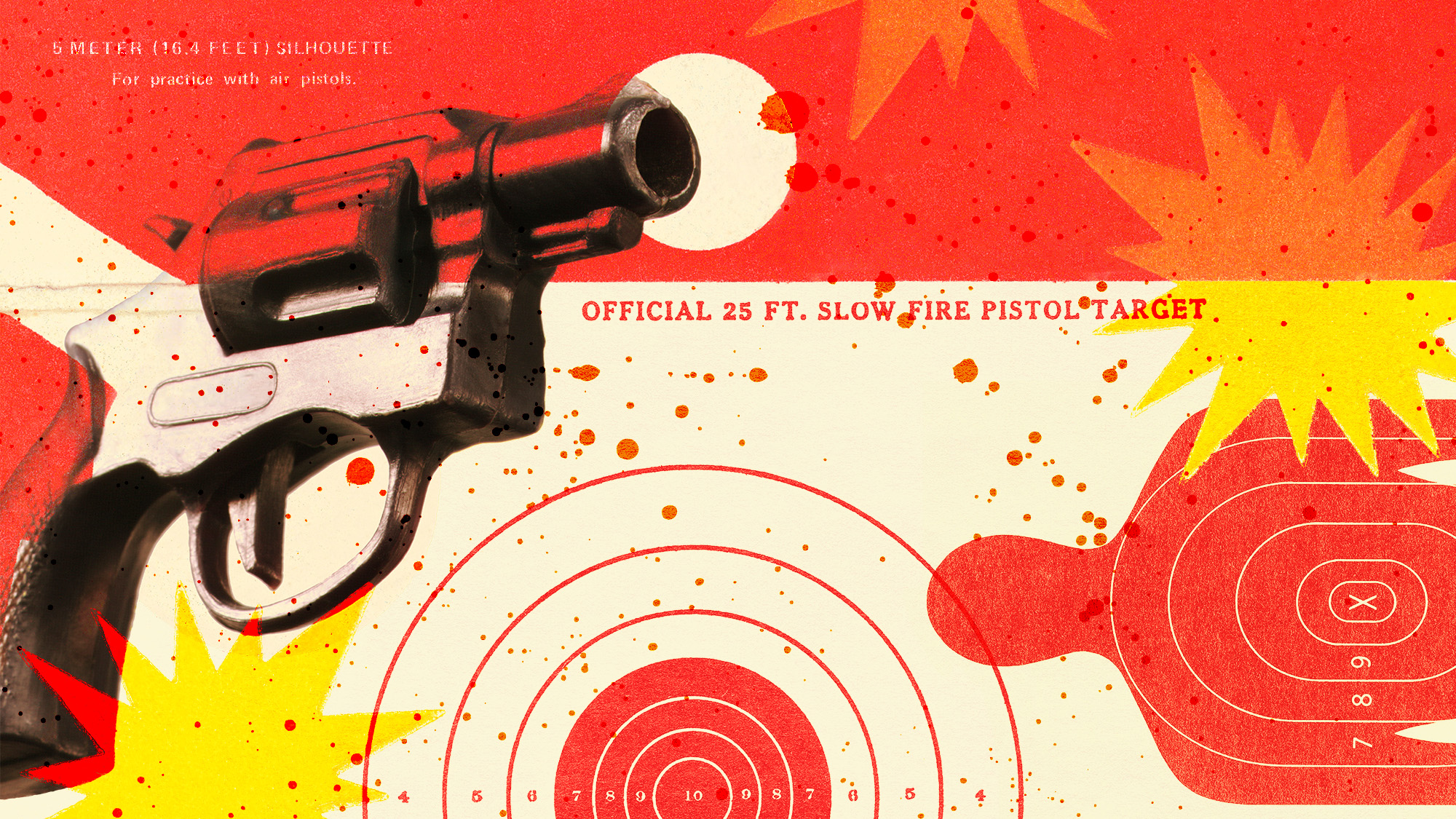
A free daily email with the biggest news stories of the day – and the best features from TheWeek.com
You are now subscribed
Your newsletter sign-up was successful
President Donald Trump has zeroed in on crime in American cities, including the one where he currently lives: Washington, D.C. But while the Trump administration has criticized crime rates and dispatched federal agents to control the alleged lawlessness, the White House has also been slashing funding for anti-crime programs, particularly gun violence initiatives. Some say cutting these funds puts the Trump administration at odds with its efforts to reduce crime rates, which experts note had already been falling.
What is Trump doing about gun violence?
The Trump administration is rolling back efforts to halt gun violence. The White House has "terminated more than half of all federal funding for gun violence prevention programs in the U.S., cutting $158 million in grants that had been directed to groups in cities like New York, Los Angeles, Chicago, Washington, D.C., and Baltimore," said Reuters. These programs were eliminated because they "no longer effectuate the program's goals or agency's priorities," a Department of Justice spokesperson told the outlet.
But this is only a portion of the anti-gun violence programs that the administration has slashed. In all, Trump has "eliminated about $500 million in grants to organizations that buttress public safety, including many working to prevent gun violence," said CNN. In addition to gun safety, these programs ranged from "conflict mediation and de-escalation to hospital-based initiatives that seek to prevent retaliation from people who experience violent injuries."
The Week
Escape your echo chamber. Get the facts behind the news, plus analysis from multiple perspectives.

Sign up for The Week's Free Newsletters
From our morning news briefing to a weekly Good News Newsletter, get the best of The Week delivered directly to your inbox.
From our morning news briefing to a weekly Good News Newsletter, get the best of The Week delivered directly to your inbox.
And while violent crimes are down overall, "every year tens of thousands of Americans — one every few minutes — are killed by gun violence on the scale of a public health epidemic," said NPR. Most "headlines focus on America's urban centers, but the numbers also reflect the growth of gun violence" in rural areas. In 2020, the death rate from guns in rural areas was 20% higher than in cities, according to Johns Hopkins University.
What is the White House's message on crime?
The White House's reduction of gun violence prevention programs has "left dozens of similar programs scrambling," said PBS News. This seems to be a contrast to the anti-crime messaging from the president. While crime rates have fallen steadily, "some worry that progress is in jeopardy" by eliminating these programs.
Many have also pointed to the White House's lax gun control policies in Washington, D.C., where Trump has dispatched the National Guard to police the streets in a move that has "left parts of the U.S. capital looking like occupied territory," said The Associated Press. But while Trump criticizes crime rates in Washington (the city has indeed seen high crime rates in certain areas), his administration is taking actions to lessen gun-related penalties. Federal prosecutors in D.C. have been "instructed not to seek felony charges against people who are carrying rifles or shotguns in the nation's capital, regardless of the strength of the evidence," said The Washington Post.
This new policy "marks a break from past practice," said the Post. It also "complicates the White House's boasts of seizing dozens of guns" as part of Trump's crime crackdown. And it comes as people nationwide continue to criticize the removal of gun control funds. "If you partially extend a helping hand to somebody, and then you rip it away right when they start to trust you, you assure they will never trust you again," said LJ Punch, a former trauma surgeon who founded the Bullet Related Injury Clinic in St. Louis, to CNN. "If your intention is to prevent violence, you don't do that."
Justin Klawans has worked as a staff writer at The Week since 2022. He began his career covering local news before joining Newsweek as a breaking news reporter, where he wrote about politics, national and global affairs, business, crime, sports, film, television and other news. Justin has also freelanced for outlets including Collider and United Press International.
-
 Is Andrew’s arrest the end for the monarchy?
Is Andrew’s arrest the end for the monarchy?Today's Big Question The King has distanced the Royal Family from his disgraced brother but a ‘fit of revolutionary disgust’ could still wipe them out
-
 Quiz of The Week: 14 – 20 February
Quiz of The Week: 14 – 20 FebruaryQuiz Have you been paying attention to The Week’s news?
-
 The Week Unwrapped: Do the Freemasons have too much sway in the police force?
The Week Unwrapped: Do the Freemasons have too much sway in the police force?Podcast Plus, what does the growing popularity of prediction markets mean for the future? And why are UK film and TV workers struggling?
-
 Maxwell pleads 5th, offers Epstein answers for pardon
Maxwell pleads 5th, offers Epstein answers for pardonSpeed Read She offered to talk only if she first received a pardon from President Donald Trump
-
 Why have homicide rates reportedly plummeted in the last year?
Why have homicide rates reportedly plummeted in the last year?Today’s Big Question There could be more to the story than politics
-
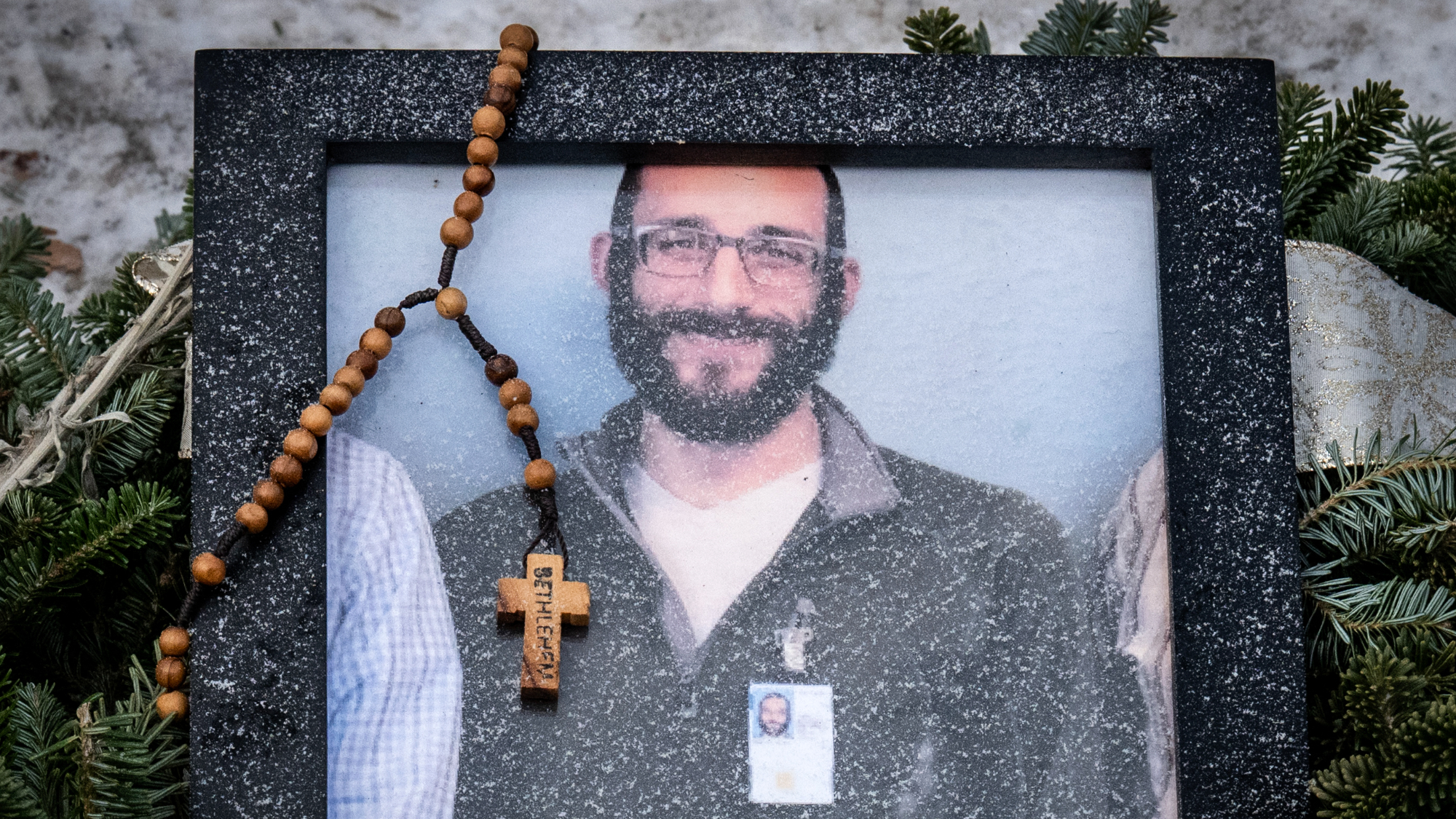 Demands for accountability mount in Alex Pretti killing
Demands for accountability mount in Alex Pretti killingSpeed Read Pretti was shot numerous times by an ICE agent in Minneapolis
-
 Death in Minneapolis: a shooting dividing the US
Death in Minneapolis: a shooting dividing the USIn the Spotlight Federal response to Renee Good’s shooting suggest priority is ‘vilifying Trump’s perceived enemies rather than informing the public’
-
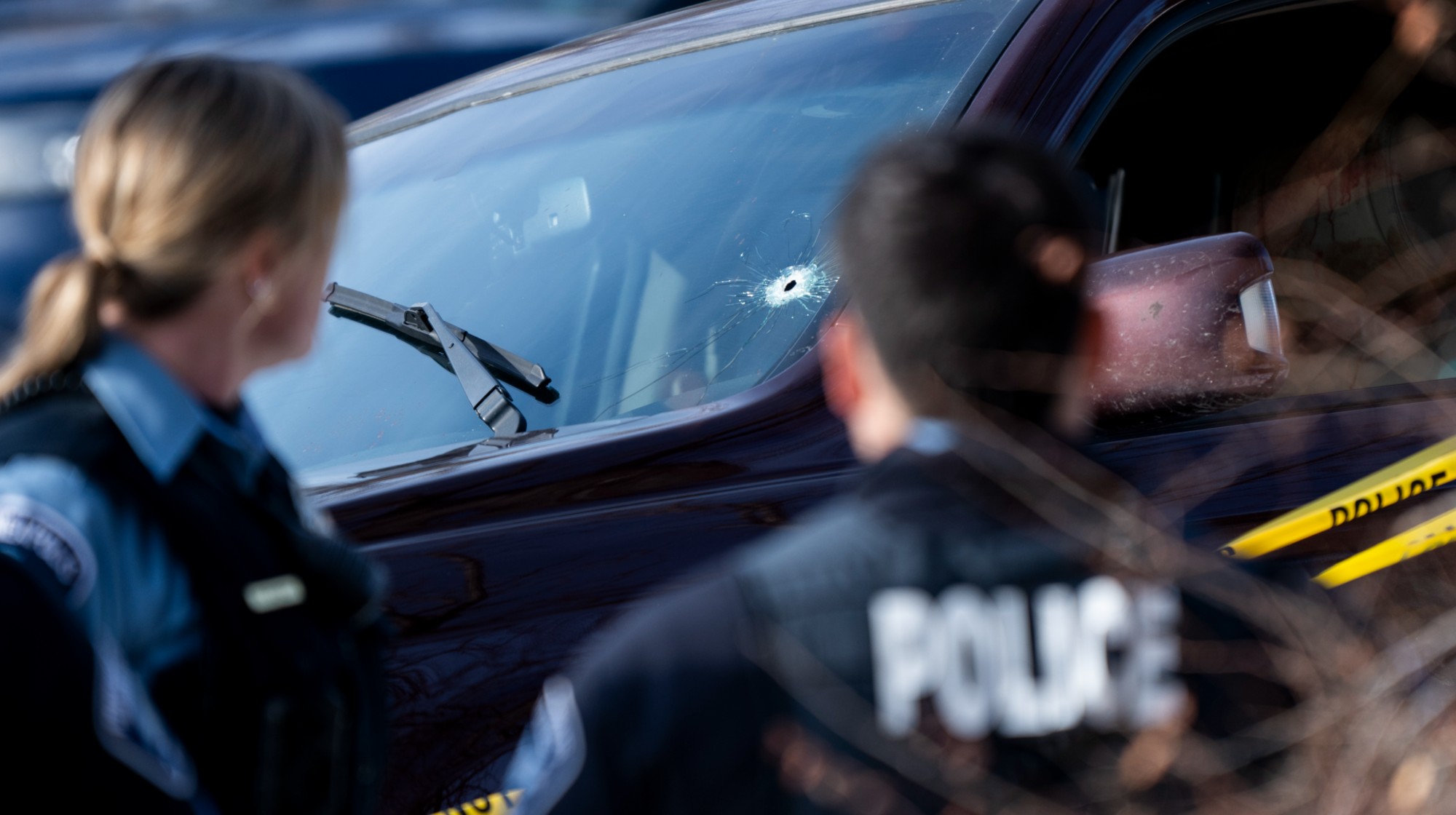 FBI bars Minnesota from ICE killing investigation
FBI bars Minnesota from ICE killing investigationSpeed Read The FBI had initially agreed to work with local officials
-
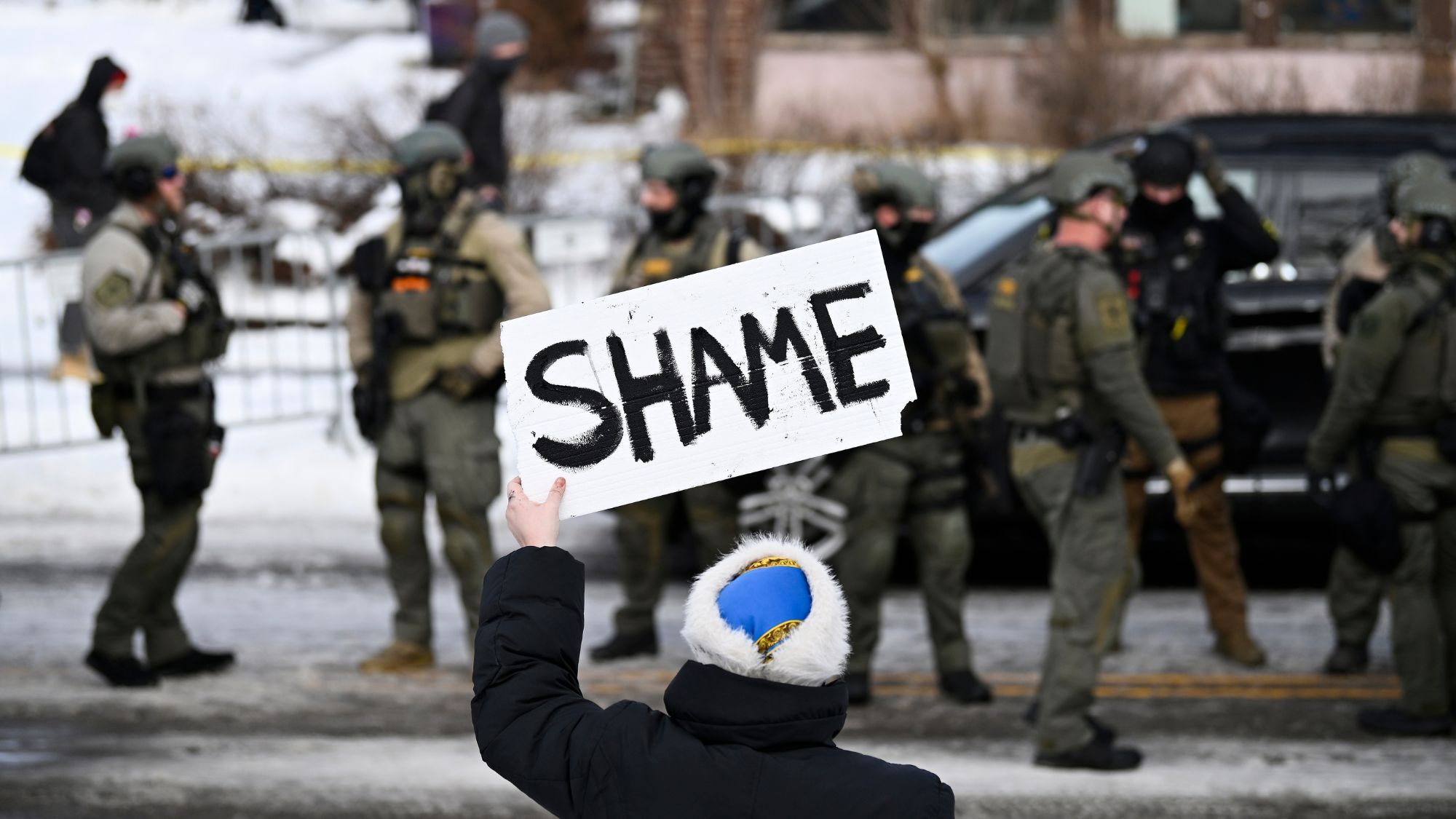 ICE kills woman during Minneapolis protest
ICE kills woman during Minneapolis protestSpeed Read The 37-year-old woman appeared to be driving away when she was shot
-
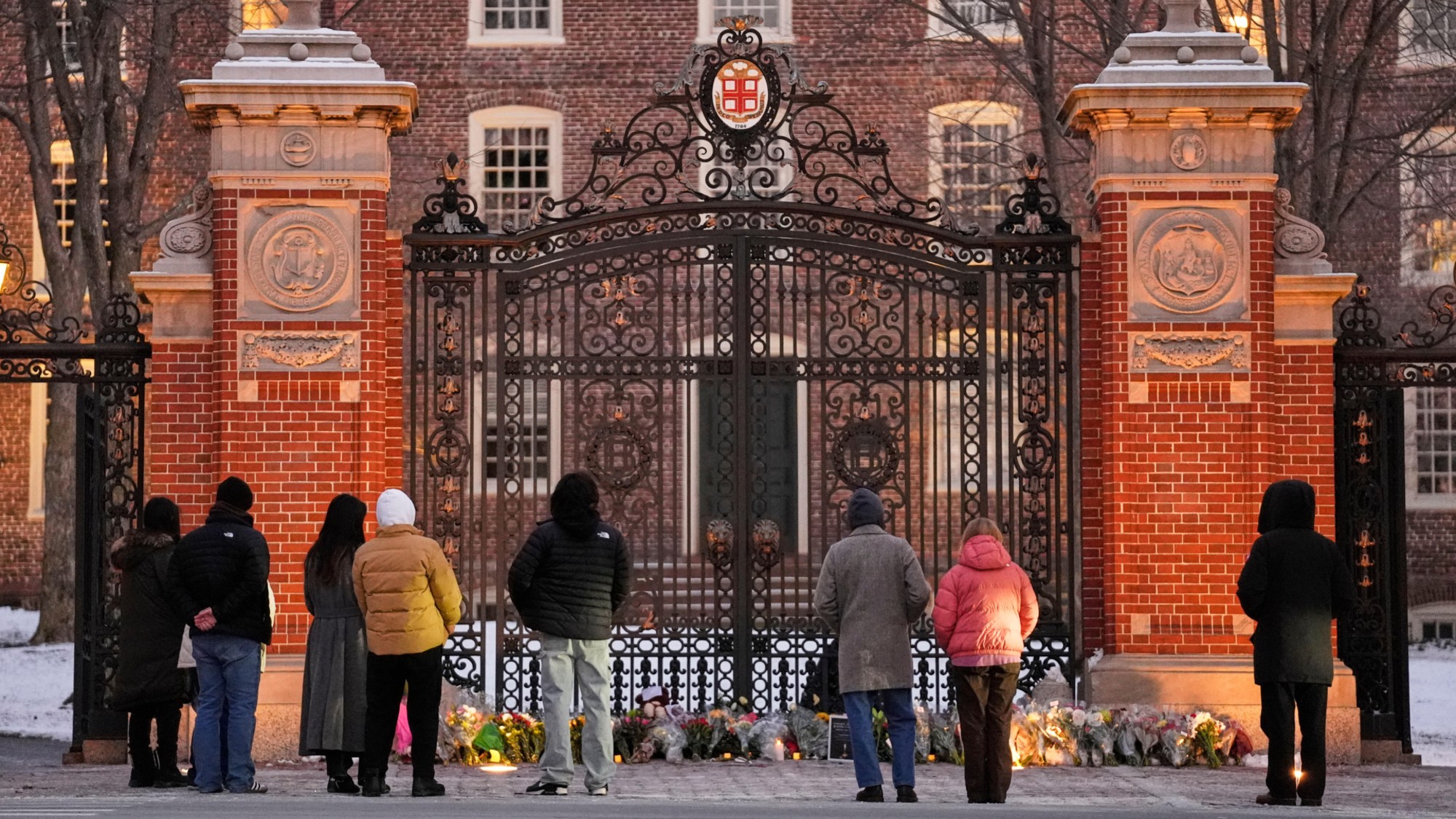 Campus security is under scrutiny again after the Brown shooting
Campus security is under scrutiny again after the Brown shootingTalking Points Questions surround a federal law called the Clery Act
-
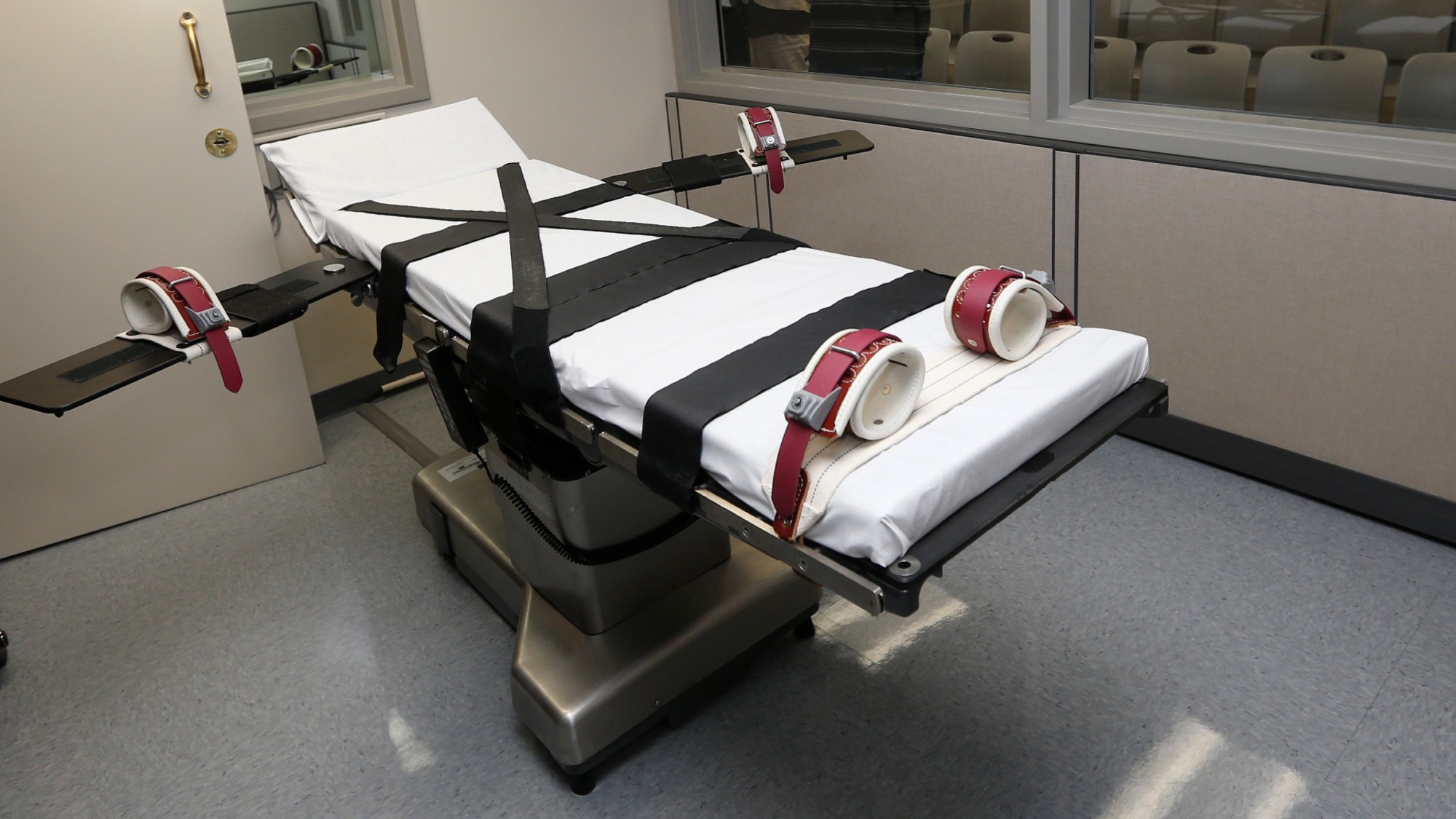 Executions are on the rise in the US after years of decline
Executions are on the rise in the US after years of declineThe Explainer This year has brought the highest number of executions in a decade
